Archive
2022
KubaParis
If I want to I will
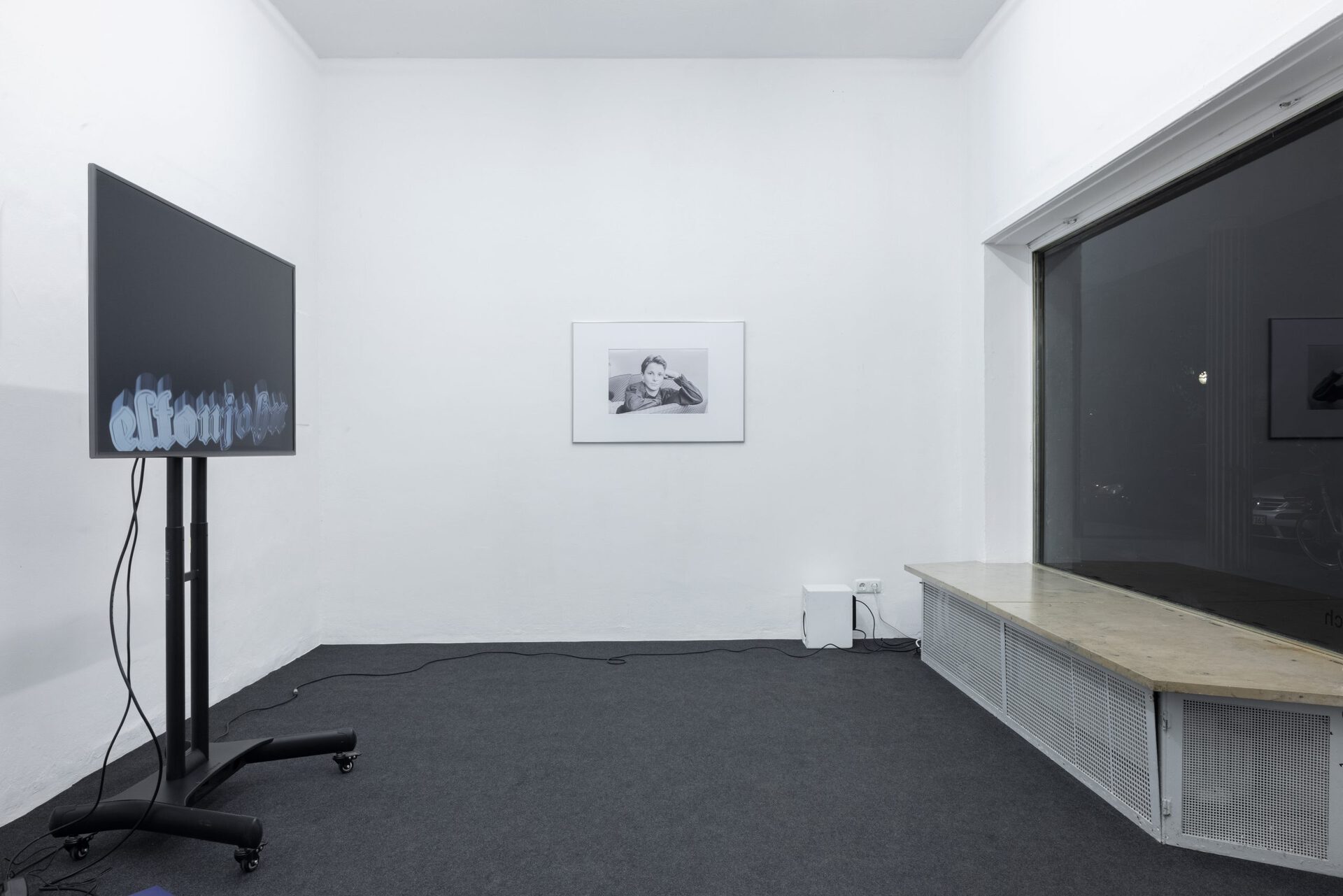
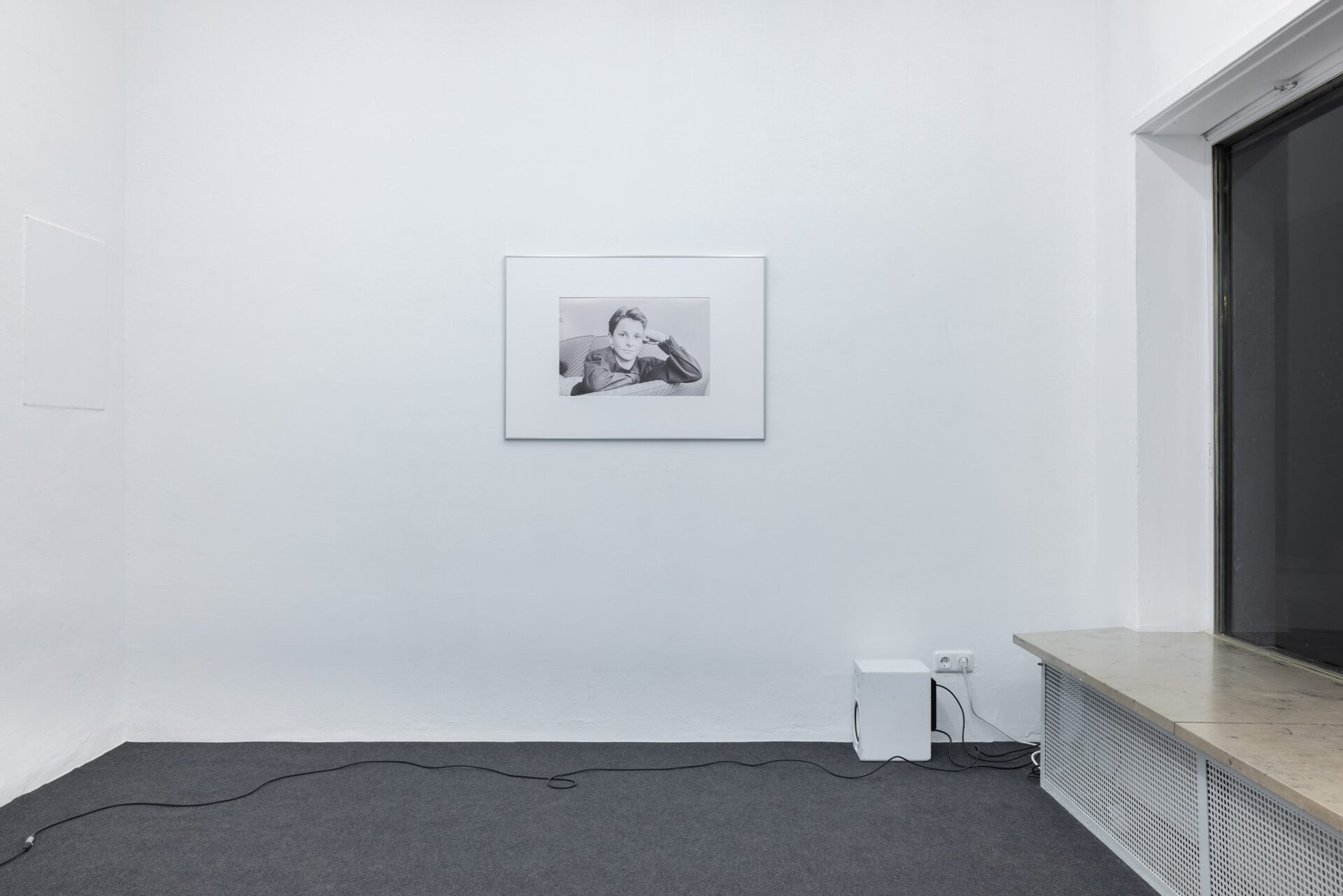
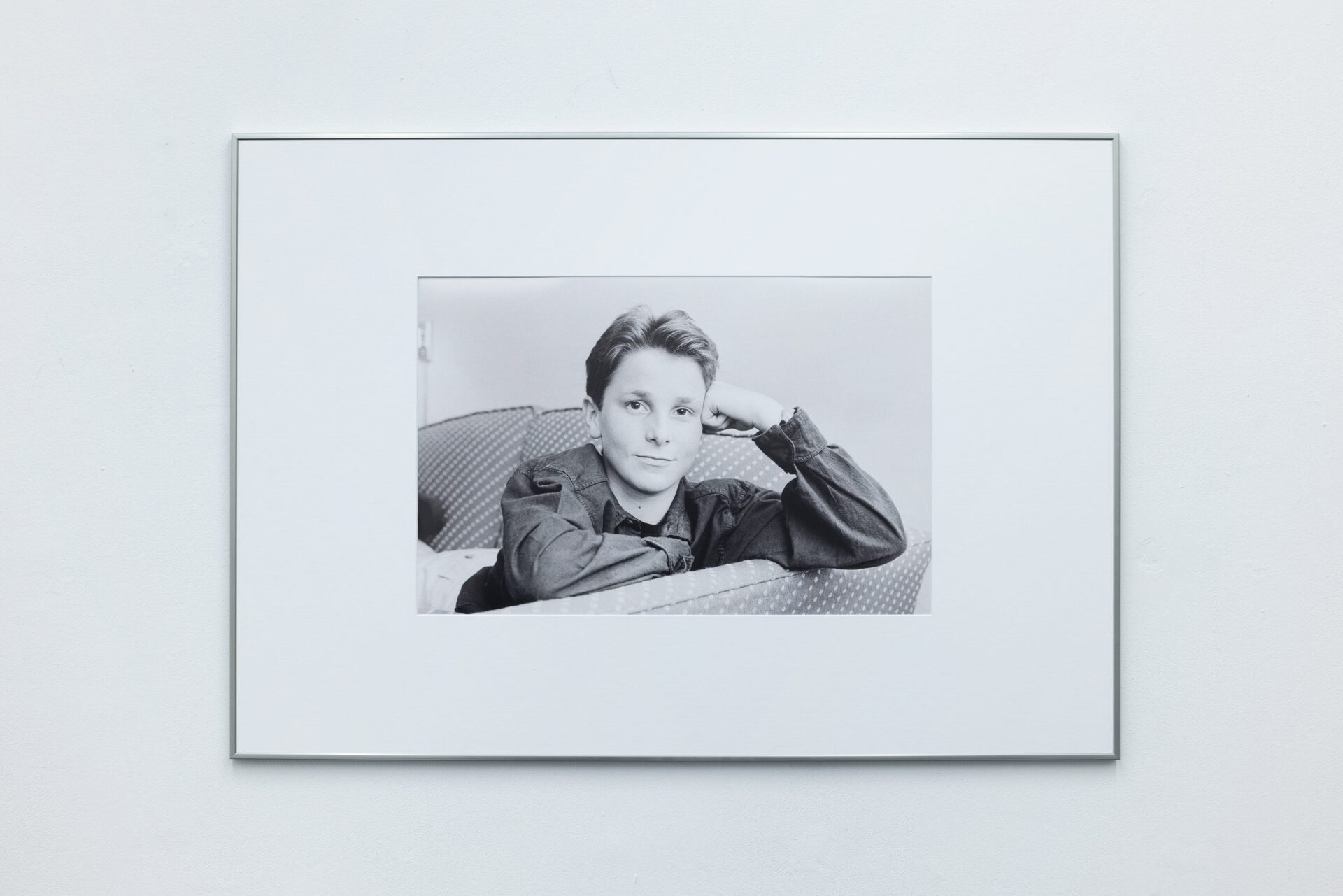
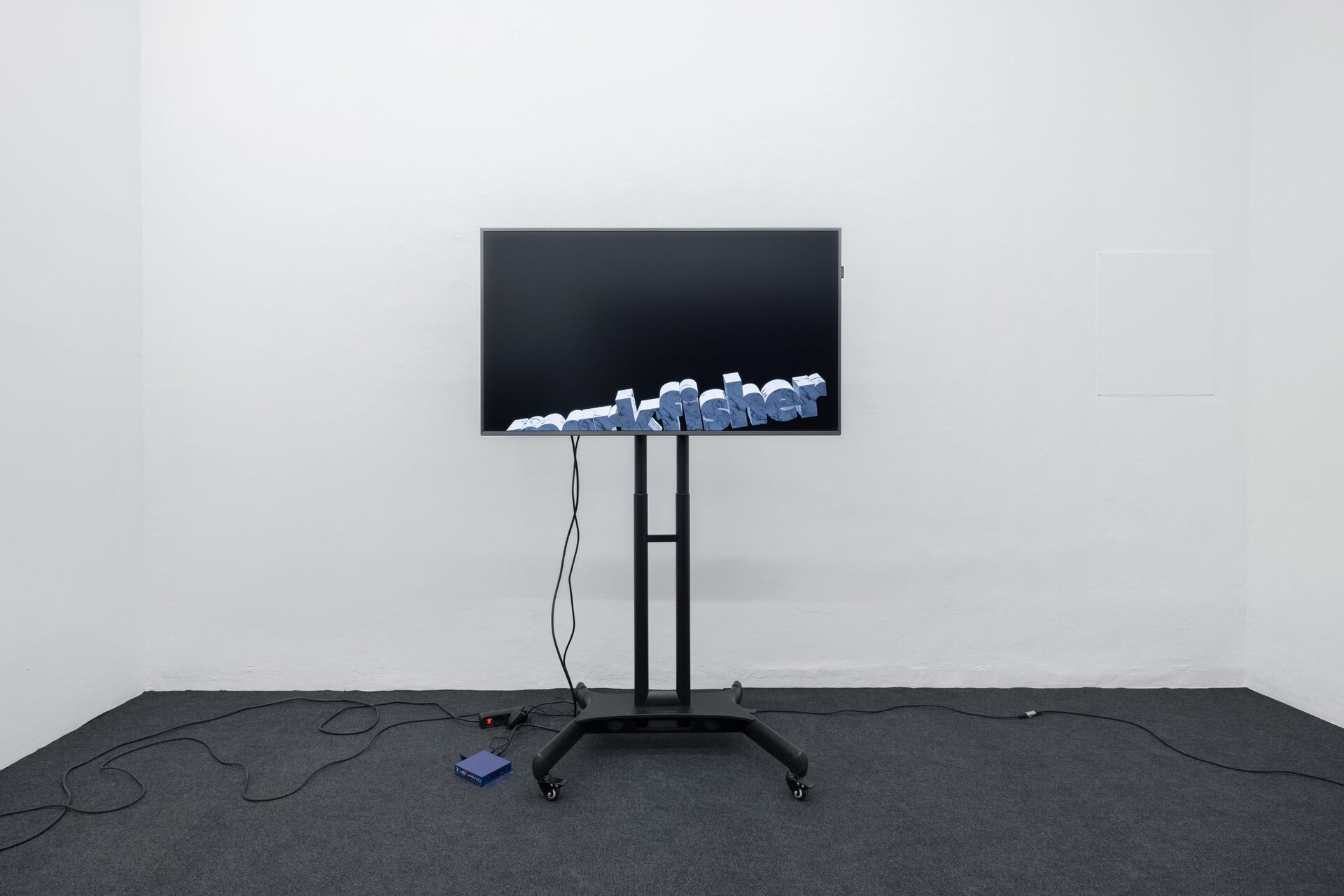
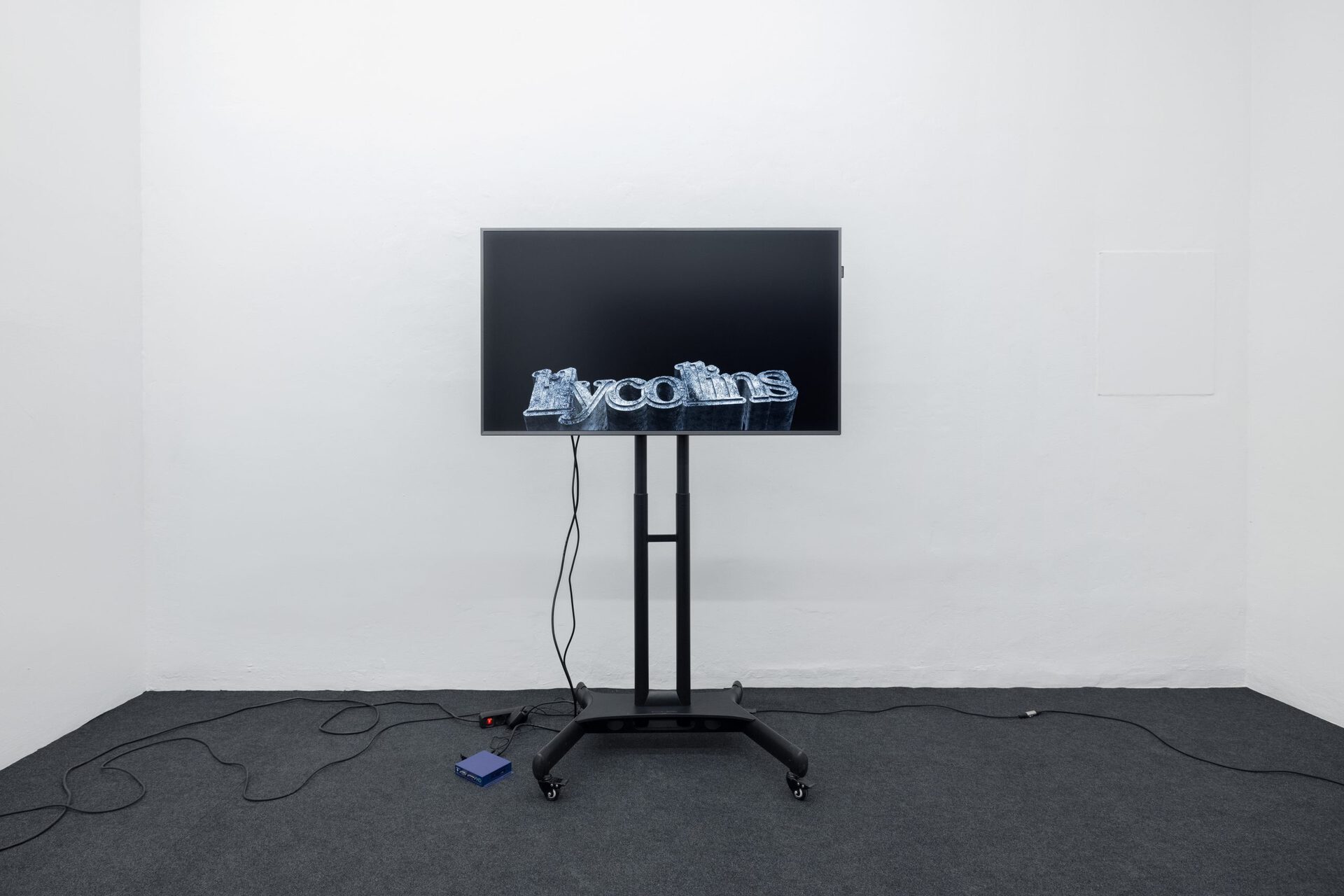
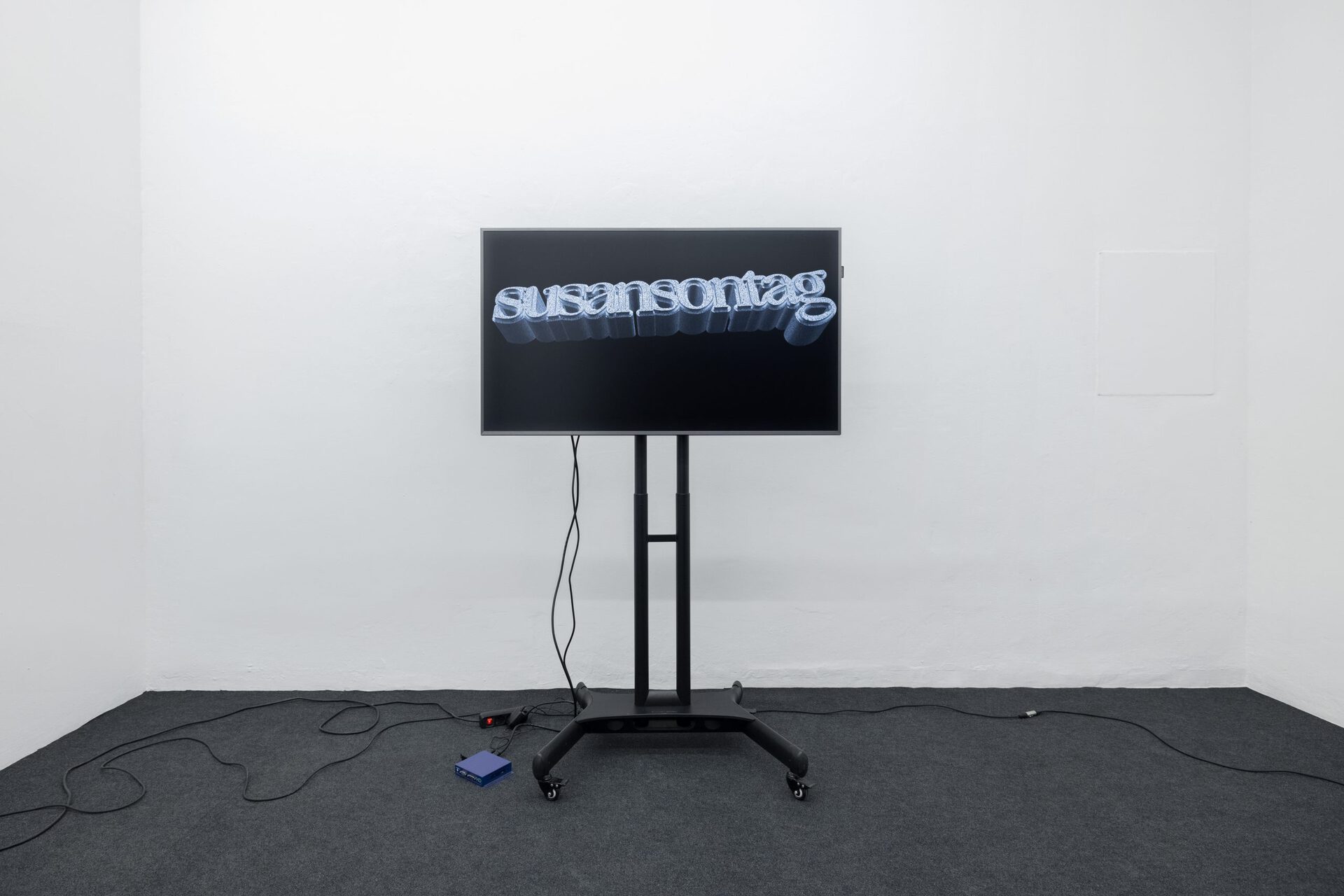
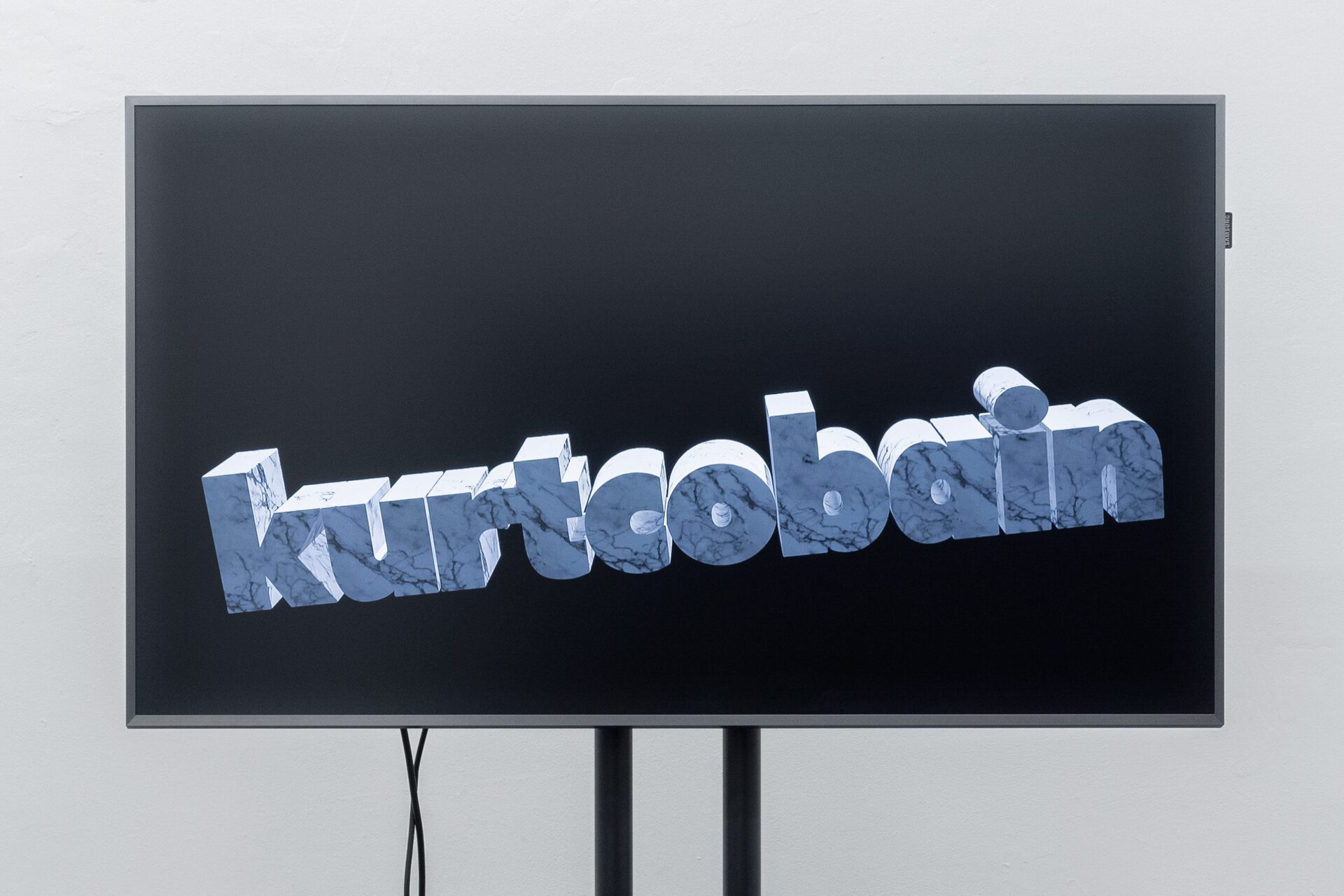
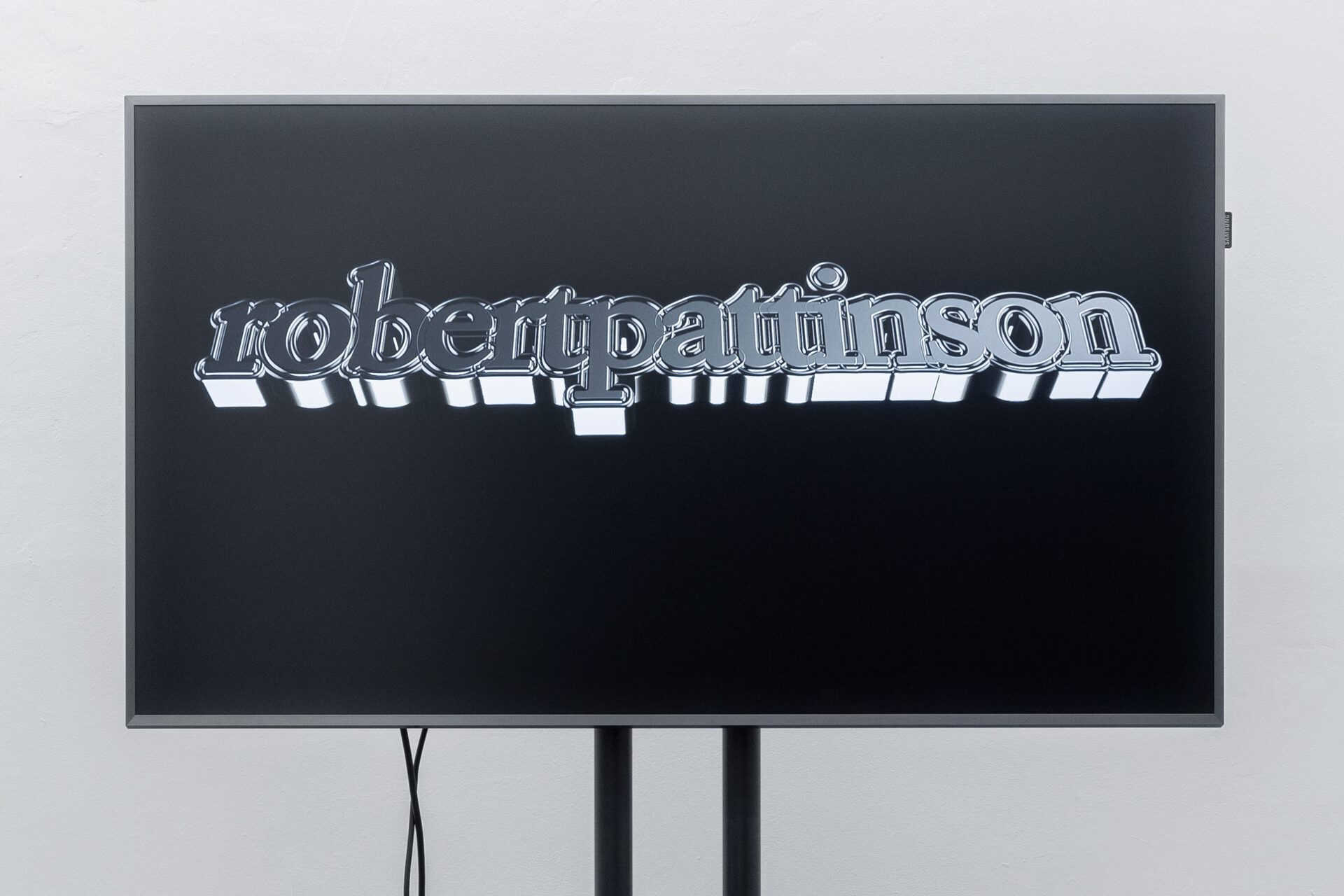
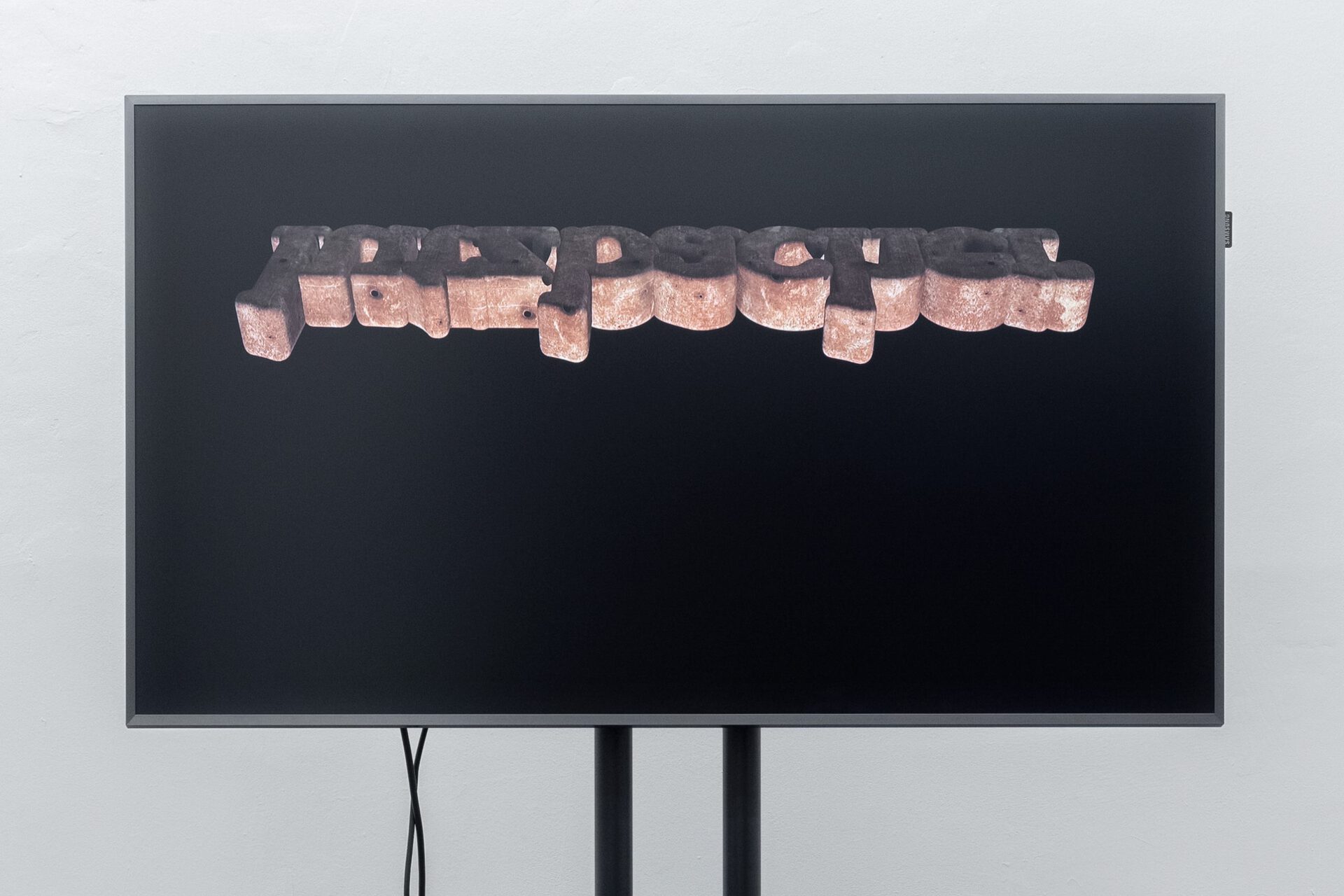
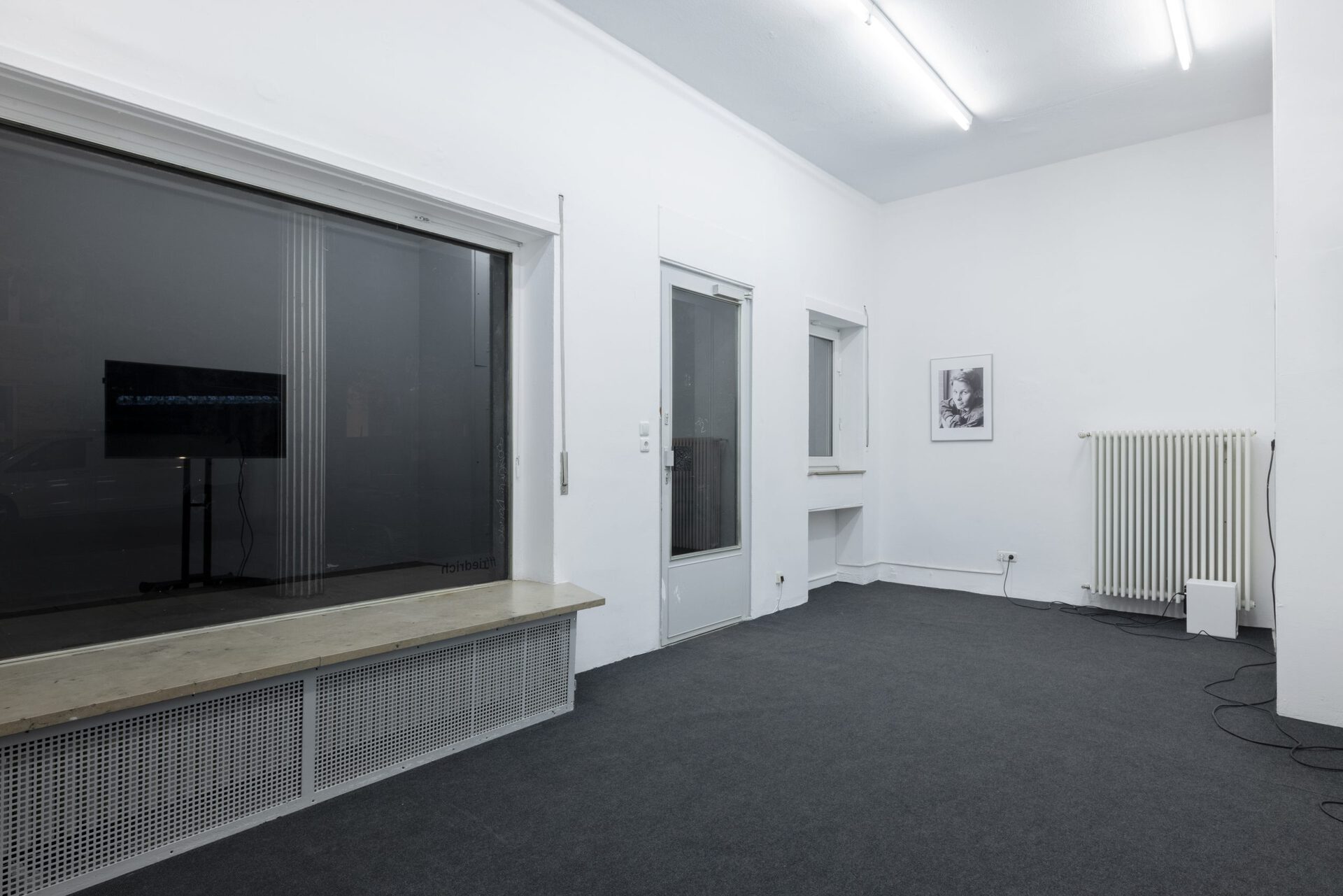
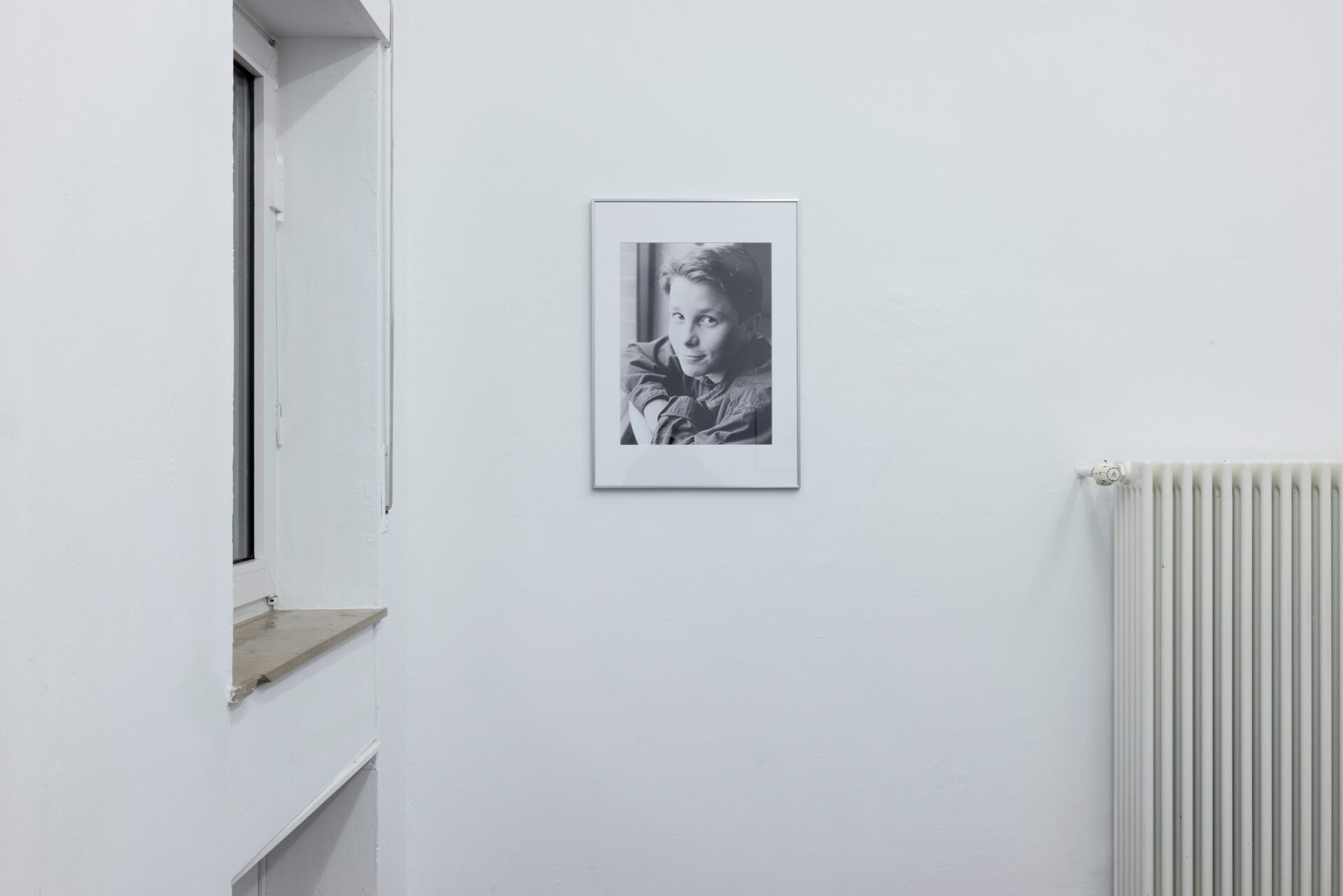
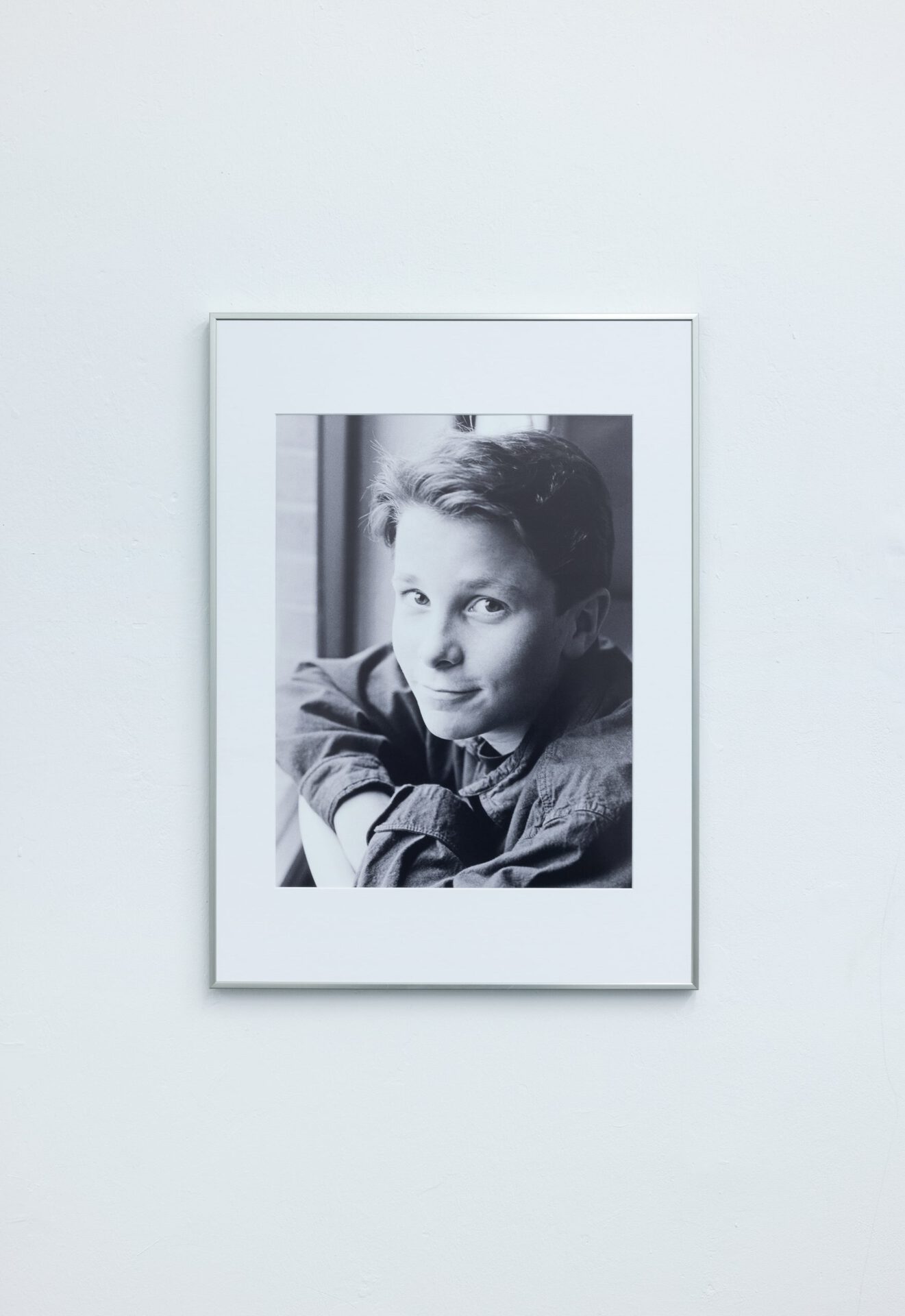
Location
Fffriedrich, Frankfurt am Main, GermanyDate
18.04 –01.05.2022Photography
Jiyoon ChungText
Like capital, culture must constantly revolutionize itself in order to maintain the fantasies of endless markets, and ever expansive audiences. To say that not all revolutions progress towards a horizon of liberal tolerance and democratic values is a platitude. The implications of this remark provide a more pressing question: what are the consequences of a revolution without politics?
A crowd of over 50,000 young men fills the bleachers of Comiskey Park in southwest Chicago, each one clutches a record which he has presented in exchange for a discounted entry. As the first game draws to an end, the anticipation builds; the reason this crowd has gathered is not to watch the underperforming White Sox, but rather to participate in the performance of a revolutionary break. Fans chant in unison— ‘disco sucks, disco sucks, disco sucks’— as a jeep swerves onto the field. Vinyls, fire crackers, and beer bottles fly through the air percussively crashing, and shattering as they hit the turf. This is a pastiche of war, and the enemy is popular culture. As the sun sets, a box about two meters square overfull with LPs is placed center field. This box will be burnt in an event which will come to reflect the insurgent rise of neoliberalism.
The late 70s marked an inflection point in pop music. Proceeding the release of Saturday Night Fever, and the mainstream success of musicians such as Andy Gibb, Disco had grown from underground club circuits into an unambiguous commercial success. The music once associated with gay sex and drug fueled clubbing had become domesticated and recuperated by the white American cultural center. At its hight, Disco represented the utopia of a sex delinked from virility, but these utopian values were as much a suspension of the reality of intense poverty as they were a critique of its very possibility.
The 1970s were also marked by the Iranian revolution, the ascendency of Ronald Regan and the expansion of new financial markets. It should be no surprise that a genre which luxuriated in its own demateriality would mirror these political developments. Simply put, politics here became increasingly less interested in the class struggle of the 1960s as it turned towards issues of personal freedoms vis-a-vis sexual liberation. Punk rock, seemingly opposed to the utopian claims of disco, presented its own problematics around revolutionism.
As the records ignite, throngs of young men fill the field. The grass is charred black, the crowd possessed by the spectacle of the burning. Is this not the moment of pure affect without content? Music must always present novelty within the daunting sameness of market capital. We are fixated by beautiful images of revolution precisely because they offer us the fantasy that there could ever be something other than the brutalities of the neoliberal economy. We are trapped by these fantasies— whether it is that of the ever extended sampled feedback of disco, or the libidinal-revolutionary performativity of a record burning. In the wake of this storm, after the ever unrealized promise of social upheaval, the only thing we can be assured is relentless novelty.
Jackson Beyda, Disco Demolition
Jackson Beyda